Casey consultants provide intensive consulting and technical assistance to child welfare agencies to boost outcomes for children and families.

Ensuring that children grow up in families and get the help they need to heal, build lasting family relationships and reach their full potential.
Developing child welfare practices that work
Casey consultants provide intensive consulting and technical assistance to child welfare agencies to boost outcomes for children and families.
We partner with jurisdictions to keep abused or neglected children safe and prevent unnecessary removals from families. We also help make sure children grow up in families, not shelters or group homes.
Living with family is often best when children can't live with their parents. Read about agency, data and policy practices that make it easier for children to live with kin caregivers. Learn what can be done to encourage foster parents in their important role. And see how agencies can help kids in foster care whose parents are incarcerated.
It can be tough to become an adult, especially if you’ve been in foster care. Learn how the Success Beyond 18 campaign helps teens prepare for the challenges of adulthood — and learn the high cost of doing nothing at all.
Supporting innovation
Several new tools allow agencies to measure child well-being. Caseworkers, administrators and IT staff can track and share information using Casebook, a powerful web-based tool developed to modernize agency procedures. What’s the best way to match kids to providers who can help? A tool being tested by the Institute for Child Outcomes is designed to do just that.
Neuroscience and child development research offer powerful insights that can shape how agencies work with children and teens.
Improving opportunities for young people leaving foster care
Each year, more than 23,000 teens age out of foster care, often with no connection to their families. The Jim Casey Youth Opportunities Initiative helps young people in 15 states build family connections and access job, health care, housing and other resources.
What’s the best way to help young people — including those in foster care — become successful adults? We support the Youth Transition Funders Group to develop smarter solutions. Also, we’re co-funding efforts to equip caseworkers and child welfare systems to help teens protect their financial futures and avoid being targets of credit fraud.
Partnering to improve child welfare policies at the local, state and federal levels
Learn what a network of reform-minded child welfare advocates is doing to put children and families first in budget and policy deliberations.
Kids need stability to learn, so Casey is working with partners to ensure school stability for foster youth is priority.
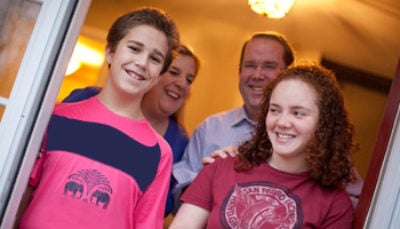
Practice and policy experts work with public systems to improve outcomes for children involved with child welfare systems.

Uniting people, public systems and resources to help young people transition from foster care to adulthood — the Jim Casey Youth Opportunities Initiative.
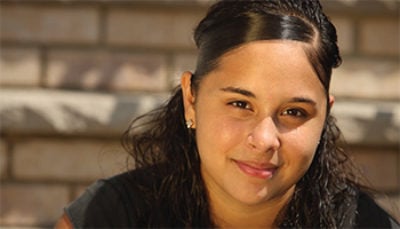
Casey Family Services connected children in foster care to permanent families and shared key child welfare research, tools and resources for 36 years.
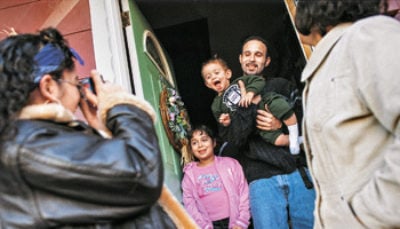
Family to Family improved child welfare by boosting family involvement. Its legacy continues through the widely used Team Decision Making model. Read more.
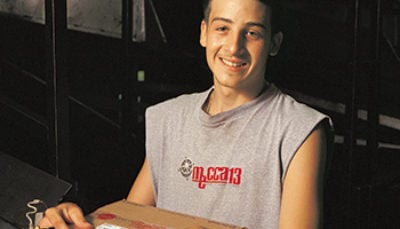
UPS and Casey launched a program to help foster youth transition to independence, now expanded nationwide through partnerships with employers and agencies.
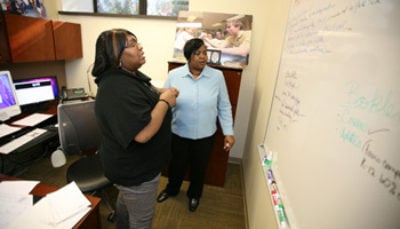
This initiative tackled the need for qualified child welfare workers. In 2005, Cornerstone Consulting Group took over, launching Cornerstones for Kids.
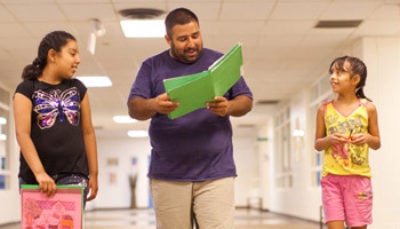
Launched in 1992, this seven-year initiative created family-centered mental health services in four urban areas, with supports in schools and communities.
Register for a March 4, 2026, webinar devoted to helping leaders and systems support youth reentering the community after incarceration. Register now.
Read about the benefits of extended foster care and why America needs a new standard for transitional care.
Discover the Elevating Youth Engagement curriculum — a free, practical guide to building authentic partnerships with young leaders in foster care.
We hope you'll find value in this report. We’d love to get a little information from you, which we'll use to notify you about relevant new resources.